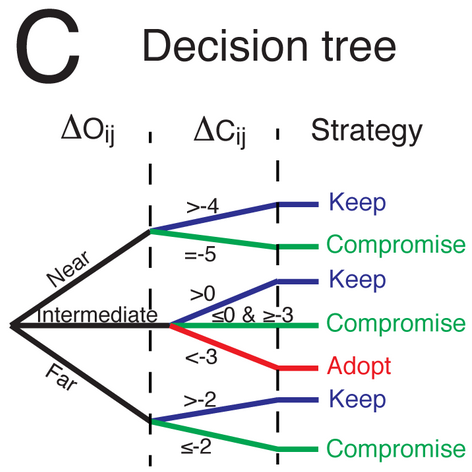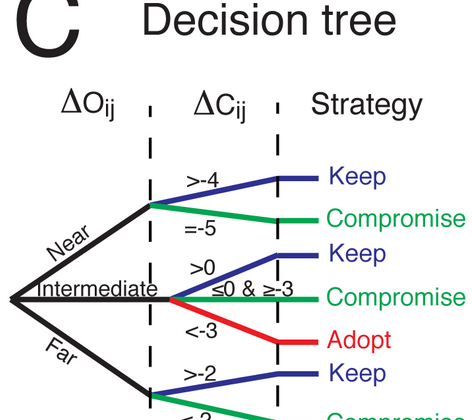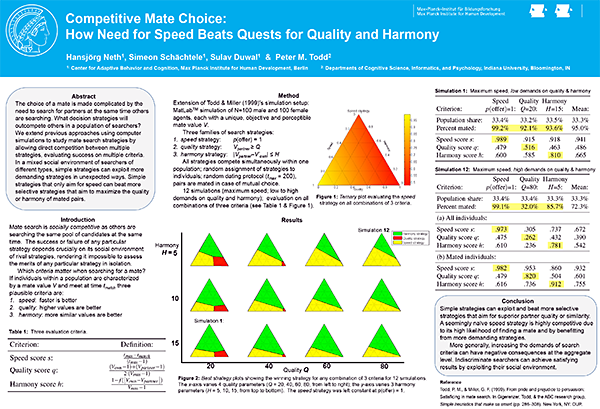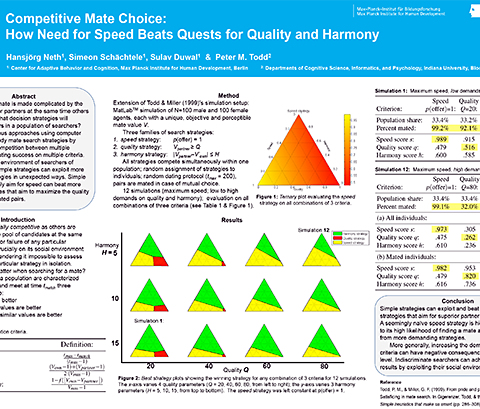Posts in Category: heuristics
heuristics (not biases), rules of thumb, mental shortcuts, strategies ignoring information
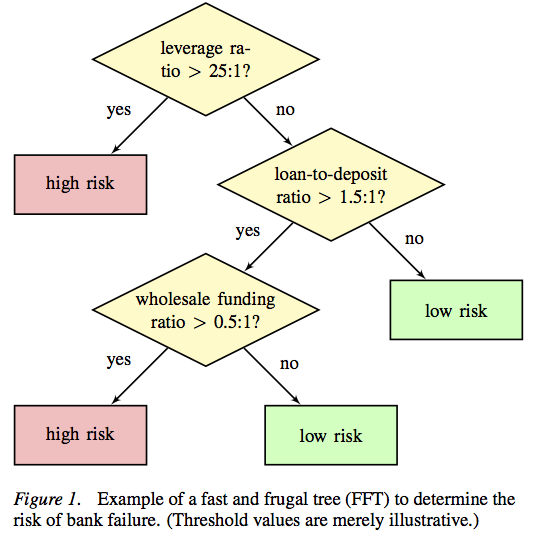
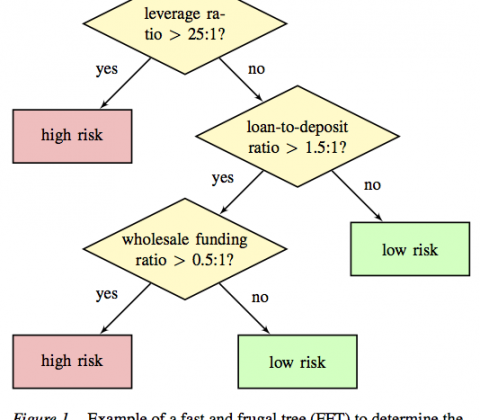
Paper: Heuristics for financial regulation
was very similar to one in which there was perfect information.
J. E. Stiglitz (2010). Freefall: America, free markets,
and the sinking of the world economy, p. 243
Hansjörg Neth, Björn Meder, Amit Kothiyal, Gerd Gigerenzer
Homo heuristicus in the financial world: From risk management to managing uncertainty
Abstract: What — if anything — can psychology and decision science contribute to risk management in financial institutions? The turmoils of recent economic crises undermine the assumptions of classical economic models and threaten to dethrone Homo oeconomicus, who aims to make decisions by weighing and integrating all available information. But rather than proposing to replace the rational actor model with some notion of biased, fundamentally flawed and irrational agents, we advocate the alternative notion of Homo heuristicus, who uses simple, but ecologically rational strategies to make sound and robust decisions. Based on the conceptual distinction between risky and uncertain environments this paper presents theoretical and empirical evidence that boundedly rational agents prefer simple heuristics over more flexible models. We provide examples of successful heuristics, explain when and why heuristics work well, and illustrate these insights with a fast and frugal decision tree that helps to identify fragile banks. We conclude that all members of the financial community will benefit from simpler and more transparent products and regulations.
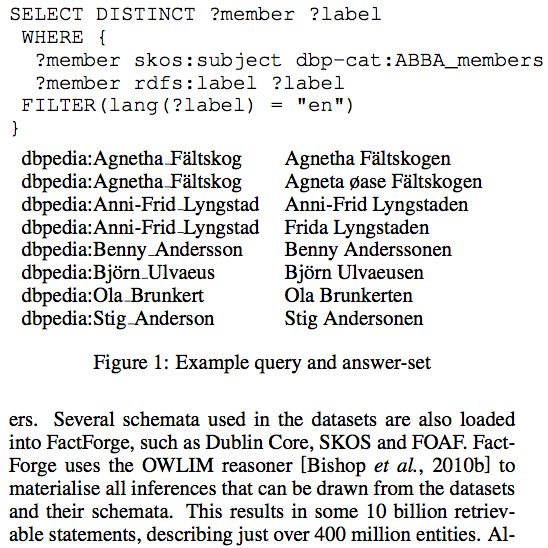
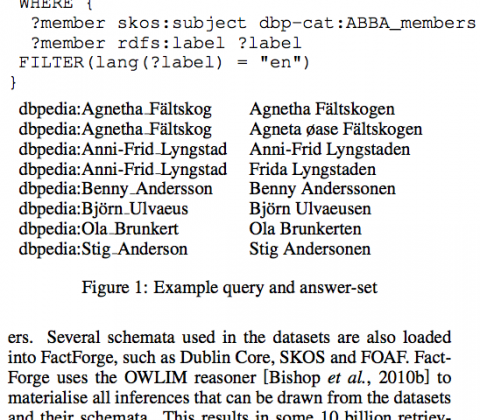
Paper: Ranking LOD data with a cognitive heuristic
Arjon Buikstra, Hansjörg Neth, Lael J. Schooler, Annette ten Teije, Frank van Harmelen
Ranking query results from Linked Open Data using a simple cognitive heuristic
Abstract: We address the problem how to select the correct answers to a query from among the partially incorrect answer sets that result from querying the Web of Data.
